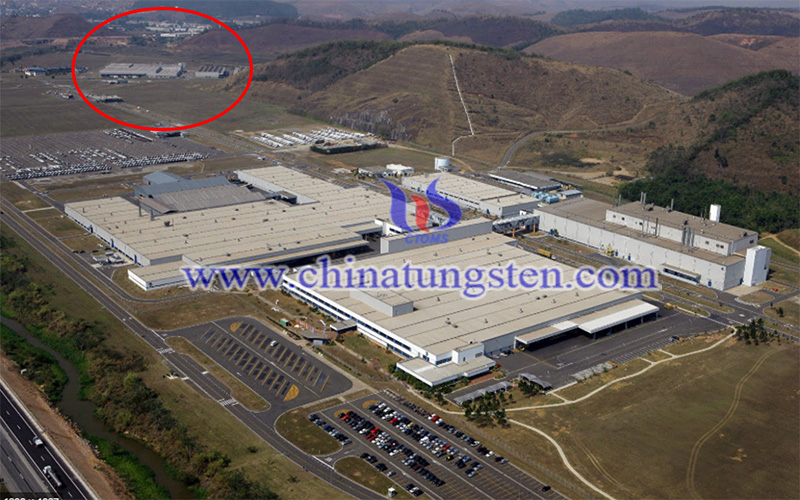Oxis Energy and Texas Take Shape for Lithium-Sulfur Battery Powered Two-Seater Plane
- Details
- Category: Tungsten's News
- Published on Saturday, 01 August 2020 15:01
Oxis Energy, a British lithium-sulfur battery manufacturer, today announced a partnership with U.S. planemaker Texas Aircraft Manufacturing on an all-electric, two-seater aircraft with a flight time of more than two hours and range of around 200NM (nautical miles). The trainer appears likely to be at least three years away from development, given the commissioning timeline previously announced for Oxis' Brazilian cell factory.
Oxis Energy revealed that they are working with American aircraft manufacturer Texas Aircraft Corporation to develop a pilot training and private transport aircraft. The trainer seems likely to be away from development for at least three years, considering the Oxis Brazil cell factory announced before the commissioning schedule.

The Li-S (lithium-sulfur) technology developed by Oxis is regarded as a safer, more reliable, and environmentally friendly alternative to lithium ion (Li-ion) energy storage technology. Oxis spokeswoman Gaenor Howells said in June that the company's goal is to set the price at $250/kWh by 2020.
Howells said: "The total cost of this material is lower. Sulfur is the key to the technology. The cost of sulfur is less than $200/ton. When production increases, the expected cost of lithium-sulfur is lower than that of competing lithium-ion technologies." Oxis said that in terms of performance, Li-S batteries have nearly five times the performance of similar batteries and are easier to install and maintain.
The Oxford-based battery developer, which in May announced it had signed a 15-year lease on an idled Mercedes Benz manufacturing site in Brazil, said the eColt trainer aircraft and private transport vehicle would be based on Texas's Colt S-LSA model.
The planned aircraft, which would be built in Brazil, will be powered by Oxis' 400 Wh/kg lithium-sulfur battery cells, assembled into a battery supplied – along with the battery management system – by Brazilian company Akaer Group, based in São José dos Campos, São Paulo.
In a press release promoting the project, Oxis did not announce when the electric aeroplane could first take to the air, nor when the first models would be available for sale, in a press release issued to publicize the project. However, the battery cell maker did specify its contribution would come from its Brazilian factory, which it said in May was due to start cell production in 2023. In February, Oxis said its cells were 3 to 5 years away from deployment in aircraft.
The lithium-sulfur battery will be used in Akaer's 90-kilowatt-hour battery, which Oxis said will be 40% lighter than the equivalent lithium-ion battery. eColt, like Colt S-LSA, will also be used to train pilots. Oxis said that the electric model will be designed and developed by Texas in Campinas, Brazil, and the power system will be provided by the Brazilian electronic engineering company WEG, which is headquartered in Southern Caragua.
According to the micro-lithium battery group, at today's press conference, Oxis CEO Huw Hampson-Jones said: “Oxis lithium-sulfur battery technology offers significant benefits to aviation. This collaboration between Oxis Energy, Texas Aircraft and two other forward-thinking Brazilian corporations will put Brazil at the forefront of designing, manufacturing, and exporting the electrification of regional aircraft worldwide. The partnership will create highly skilled jobs throughout Brazil and contribute to major exports both in products, services and expertise."
- Tungsten Manufacturer & Supplier, Chinatungsten Online: www.chinatungsten.com
- Tungsten News & Prices of China Tungsten Industry Association: www.ctia.com.cn
- Molybdenum News & Price: news.molybdenum.com.cn
- Tel.: 86 592 5129696; Fax: 86 592 5129797; Email: sales@chinatungsten.com



 sales@chinatungsten.com
sales@chinatungsten.com